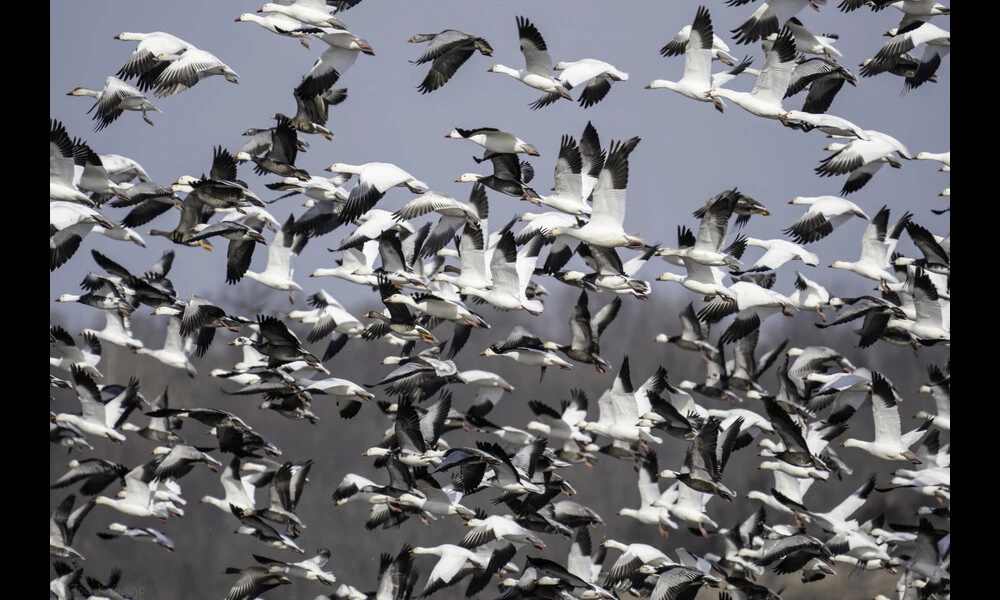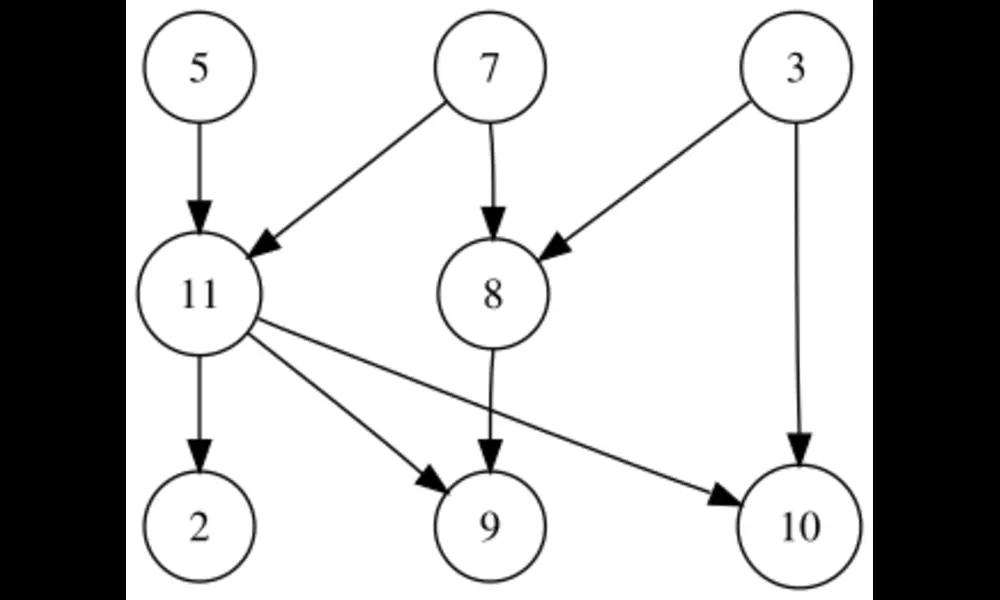Study Illuminates How Animal Groups Make Collective Decisions on Timing
Published on Tue Dec 19 2023 Massive goose gaggle | Joseph Gage on Flickr
Massive goose gaggle | Joseph Gage on FlickrIn a world where timing can mean the difference between survival and failure, a recent study shifts the spotlight from where animals go to when they go, delving into the uncharted territories of collective temporal decision-making. This study, moving beyond the common focus on spatial choices, investigates how groups of animals make crucial timing decisions, such as when to migrate or when to retreat from predators. The authors of this preprint paper challenge the applicability of established collective intelligence concepts in the context of time, suggesting that these decisions may involve unique, previously overlooked mechanisms that are critical for adapting to a changing world.
The concept of collective intelligence, where the many can outwit the one, is not new; it's been studied in a variety of contexts including human teams, swarms of bees selecting their next hive, or schools of fish evading predators. For ages, the focus has been on determining the best spatial move: where should we set up shop, or which direction should we flee? But the proverbial question of "when" has surprisingly eluded extensive scientific inquiry. This paper stands as a clarion call for researchers to explore the temporal aspects of collective intelligence. As environments shift due to climate change, the timing of actions like migration becomes increasingly critical. The patterns and strategies of group timing decisions could unlock new insights into wildlife conservation, agriculture, and even human economics.
Collective timing decisions, based on the new evidence, differ substantially from spatial decisions in several ways. The irreversible and ordered nature of time insists that each moment is unique and, once passed, cannot be reclaimed or revisited. This creates a scenario where decisions to act must not only consider the present but also anticipate the future. The paper poses thought-provoking questions: How does a group decide the best time to make a move when the costs of acting too early or too late are vastly different? How does the group consensus on timing evolve when there's a temporal mismatch in preferences?
The study's spotlight on timing couldn't be more pressing. In the Anthropocene era—characterized by significant human impact on Earth's geology and ecosystems—animals face rapidly shifting climates that disrupt their natural cycles. The collective decisions animals make regarding timing could make or break their ability to adapt to the closer-spaced environmental cues of a changing climate. Similarly, the findings also mirror the challenges humanity faces in responding to the growing urgency of climate change, where delays or premature actions hold their own economic and environmental consequences.
Researchers argue that understanding collective timing decisions could potentially reveal how certain animal group behaviors are affected by the climate crisis and could be an essential piece of the puzzle in predicting the resilience of species to these changes. As animals might increasingly need to synchronize their actions in an unpredictable world, this study beckons us to look deeper into the ticking of the collective biological clock, potentially transforming our approaches to preserving both individual species and ecosystems as a whole.



